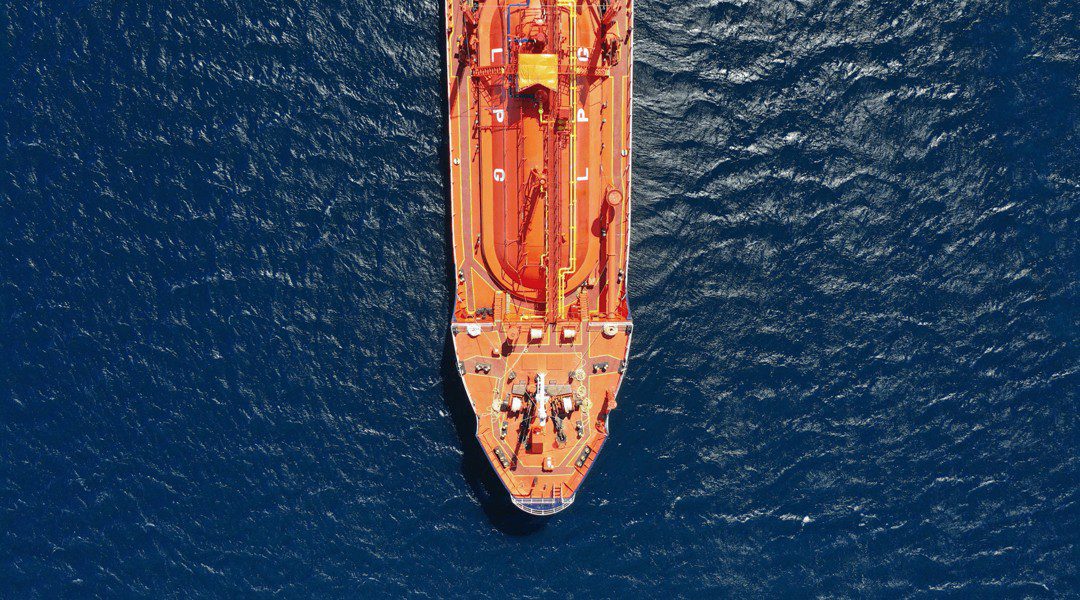During IRENA’s 24th Council in Abu Dhabi, its Director-General, Francesco La Camera, said that “the solutions to mitigate energy poverty and the solution to the current energy crisis will come from renewables.”
This year’s Council meeting will hold events on pressing energy transition topics including hydrogen, critical materials, agri-food and enabling frameworks for the energy transition in high-risk environments.
Despite continuous growth in renewable energy capacity over the past decade, IRENA views the pace of change inadequate in limiting rising temperatures to 1.5 degrees.
According to the Agency’sWorld Energy Transitions Outlook, a renewables-centred energy transition is the only realistic way to meet the 2030 time-frame for emissions reductions established by the IPCC, as well as the objectives of the 2030 timeline for sustainable development.
Tripling investments in renewables will be fundamental for the scale and pace of the energy transition to reach the levels required to achieve Paris Agreement targets
IRENA stated.
What is more, during the Global Clean Energy Action Forum (GCEAF), Barbara Jinks, Programme Officer – Green Gas Delivery and Use of IRENA, underscored the importance of closer collaboration between countries to develop common policy and regulatory frameworks to work collectively to ramp-up global hydrogen markets.
As Ms. Jinks explained:
With our partners, we conducted an analyses of hydrogen diplomacy, demand creation, industrial policy, innovation, global hydrogen standards and certification. The Agency also identified five urgent and high impact priorities for strengthened collaboration and action






